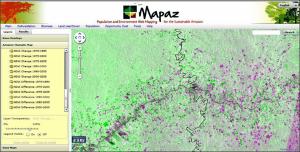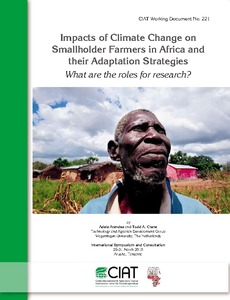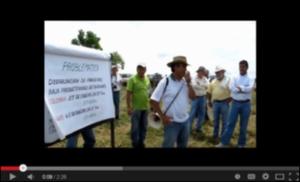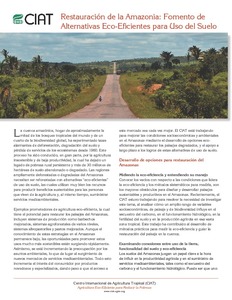Mission
To reduce hunger and poverty, and improve human nutrition in the tropics through research aimed at increasing the eco-efficiency of agriculture.
People
CIAT’s staff includes about 200 scientists. Supported by a wide array of donors, the Center collaborates with hundreds of partners to conduct high-quality research and translate the results into development impact. A Board of Trustees provides oversight of CIAT’s research and financial management.
Values
- Shared organizational ethic
- We respect each other, our partners, and the people who benefit from our work. We act with honesty, integrity, transparency, and environmental responsibility in all of our joint endeavors.
- Learning through partnerships
- We work efficiently and pragmatically together and with partners. Considering our diversity to be a key asset, we adapt readily to change and strive to improve our performance through continuous learning.
- Innovation for impact
- We develop innovative solutions to important challenges in tropical agriculture, resulting in major benefits for the people who support, participate in, and profit from our work.
Members:
Resources
Displaying 321 - 325 of 958Mapaz: population and environment web mapping for the sustainable Amazon
Mapaz helps policymakers and scientists target research and development or conservation activities in the Amazon by pulling together information on elements such as deforestation, biomass, species diversity, population, poverty and regional land use. Users can define their own geographic areas or select existing administrative boundaries to get spatial information for that area in the form of maps and tables. For example, MAPAZ calculates biomass,
Enhancing Livelihoods of Poor Livestock Keepers through Increased Use of Fodder: Programme completion report
A report submitted to IFAD on the completion of the Fodder Adoption Project (FAP), (TAG 853-ILRI) programme.
Avances del proyecto de "Evaluación y desarrollo de materiales forrajeros"
Intergración de varios sistemas de producción para optimizar el uso de la tierra y hacer más rentables los negocios agropecuarios con conciencia ambiental.






